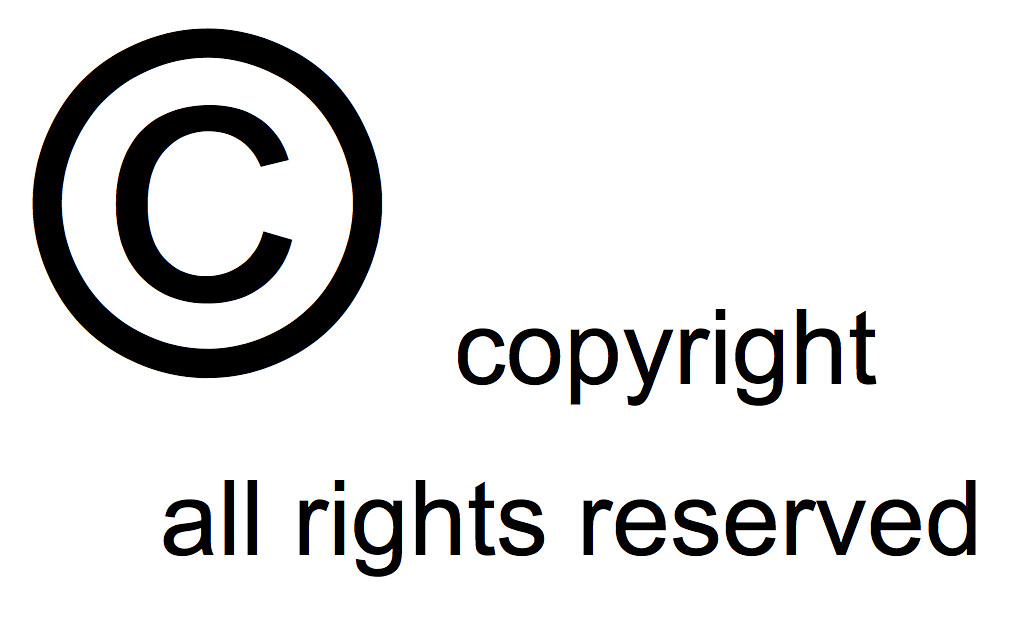Thomson Reuters unveils AI agent for legal research as lawyers start to trust the tech

Thomson Reuters, makers of the popular online legal research tool Westlaw, introduced a new AI agent this week called CoCounsel Legal that is designed to emulate a qualified legal professional’s research process. Per the company, the new tool “brings together legal research, essential workflow automation, intelligent document search and AI-powered legal assistance.”
Omar Bari, VP of Applied Research at Thomson, says CoCounsel Legal has been designed to navigate Westlaw like an experienced researcher by taking advantage of advances in AI. “The result is a research report that's much more comprehensive and nuanced than what we previously provided in Westlaw,” Bari told FastForward.
By now you’ve probably heard stories about lawyers who have gone into court with briefs that cite non-existent cases because the AI generated fictitious citations. The company has heard the stories too, and David Wong, chief product officer at Thomson Reuters, says they have been working hard to mitigate hallucination risk, while urging customers to always check their work. Hallucinations are part and parcel of using an LLM and experts have suggested there is no way to eliminate them completely.
He says they update Westlaw regularly with Supreme Court decisions usually hitting the database within 30 minutes of being issued. Because the system acts as an agent querying live data, as opposed to a model trained on static information, it doesn't require retraining to see new information. It simply checks what's on hand, and if the updated case law is there, it can cite it as part of the research report it generates.
“We're very fast at getting those critical cases updated in the data set. As soon as that update goes into our database, the agent has access to it and CoCounsel Legal is searching against whatever data is in the data set at that moment,” Wong said. He also recognizes that Generative AI systems can suffer from hallucinations, where they make things up. As a result, they encourage customers to double-check every citation, and caution against relying on the AI alone.
As Wong points out, it’s important to keep in mind that AI isn’t perfect and neither are we. Humans make errors too. “We've also benchmarked the performance of researchers using our tools, versus people not using our tools, and humans are not infallible. Human error is rife in research and in briefs,” he said.
As the industry continues to shift and change with AI, a survey conducted earlier this year by legal transcription service Rev found that the legal industry is starting to warm up to AI, recognizing it makes them work more efficiently.
“Nearly half of all lawyers surveyed (48%) have already incorporated AI-powered legal research into their daily practice, demonstrating that this isn't merely speculative enthusiasm but practical, on-the-ground implementation,” according to a company blog post summarizing the report. That’s remarkable uptake for a profession that tends to move cautiously.
Thomson Reuters isn’t alone in bringing AI to the legal industry with competitor LexisNexis also offering similar products that assist attorneys as they conduct research. The legal profession is changing fast, and AI tools that help lawyers do their jobs are becoming increasingly welcome across the profession as the software becomes more capable.
Featured photo by Scott Graham on Unsplash





